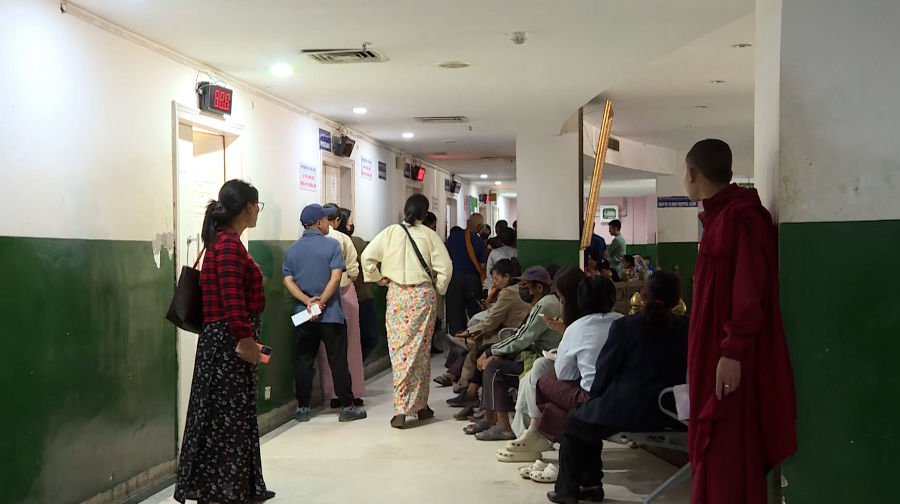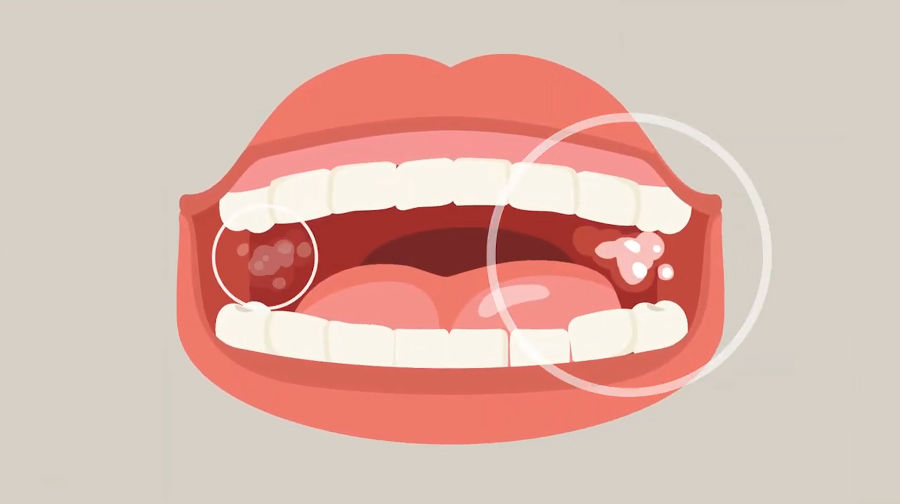 If you have a sore in your mouth that lasts more than a month, it is best to consult a doctor. Persistent mouth sores can be a sign of oral or mouth cancer. On average, the National Referral Hospital detects one case of this cancer every week. However, early detection significantly improves the chances of a cure.
If you have a sore in your mouth that lasts more than a month, it is best to consult a doctor. Persistent mouth sores can be a sign of oral or mouth cancer. On average, the National Referral Hospital detects one case of this cancer every week. However, early detection significantly improves the chances of a cure.
People take sores lightly. They usually buy medicines to treat themselves. But it is advisable to visit a doctor if they last for more than a month.

Swelling, rough spots, white or red patches, unexplained bleeding or numbness, sores on the mouth, lip, neck and throat, difficulty chewing or swallowing are some of the symptoms of mouth cancer.
It is the most common type of head and neck cancer, specifically within the Ear, Nose, and Throat or ENT cancer category.
“The risk factors are many lifestyle-related, especially tobacco, alcohol, and betel nut. So, the reason why we are focusing on these lifestyle-related risk factors is because they are easily preventable. If we can focus on these risk factors, almost 90 per cent of these risk factor-related cancers can be prevented,” said Dr Phub Tshering, ENT Specialist, JDWNRH.
This cancer can be treated if detected early. In line with this, health professionals from Sarpang, Samtse, Chhukha, Wangdue Phodrang, and Trashigang were trained recently. The plan is to take this training to all remaining districts.
“In the district hospitals and the Primary Health Care units, where the patient’s first point of contact is and where those health professionals see them, they need to be trained for early detection of head and neck cancer, especially oral cancer, because the oral cavity is easily accessible. With the trained eyes and with some background knowledge about oral cancer, you can easily detect oral cancer without any high-sophistication intervention,” added Dr Phub Tshering.
According to the World Health Organisation, mouth cancer is more common in men and elderly people. It is more deadly in men than in women, but this can change depending on their living conditions and income.
Health experts say early detection is key to saving lives. So, if symptoms persist, seeking timely medical attention could make all the difference.
Singye Dema
Edited by Tandin Phuntsho










